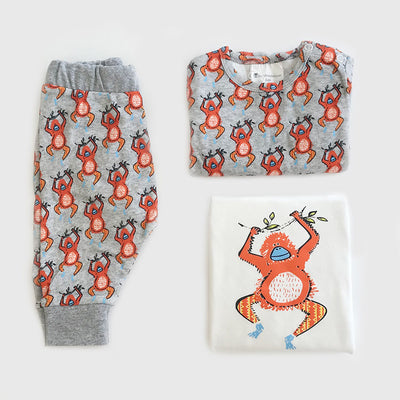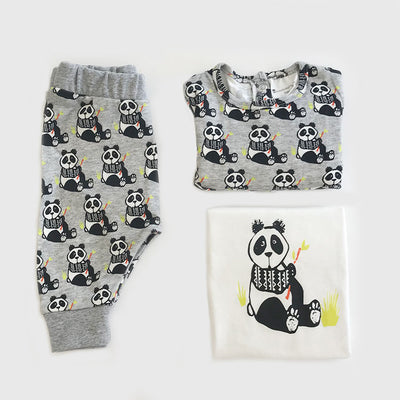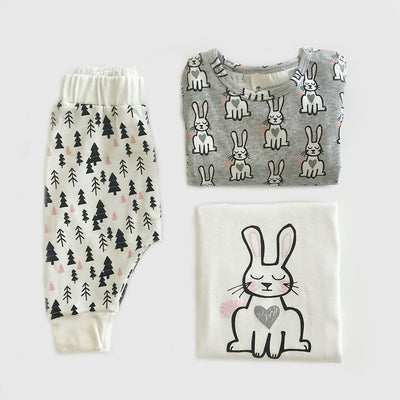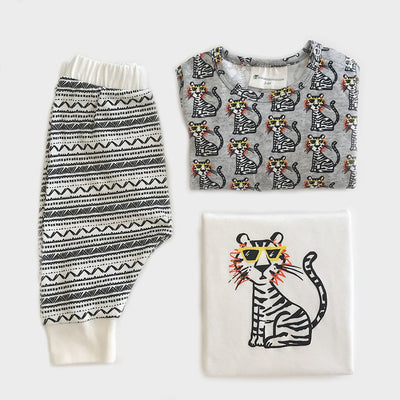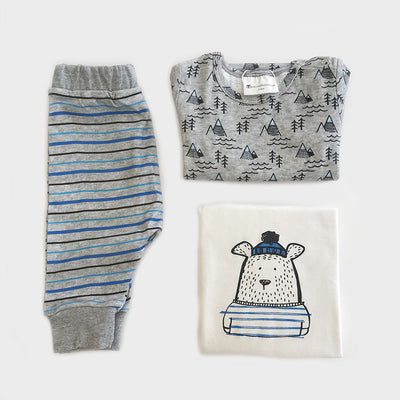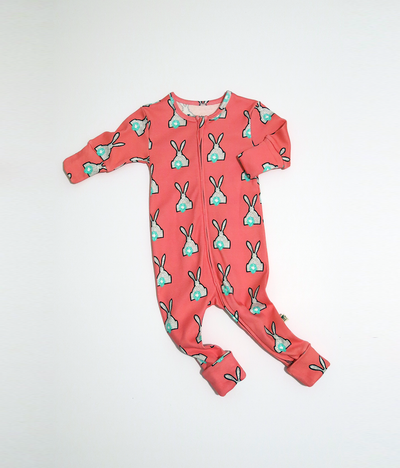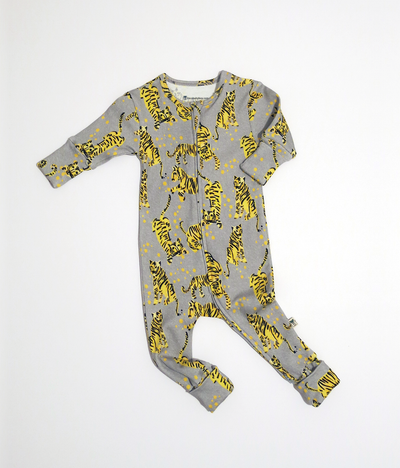Amazingly now more than a 1/3 of men spend the same amount of time caring for their kids as their partners and are much more likely to spend as much, or even more time with their kids than their partners. However, this desire doesn’t always translate immediately into ability.
Life can feel pretty hectic after your new little newbie appears on the scene. You may have zero experience of caring for a baby, have no idea what you’re doing and probably feel very stressed/overwhelmed and you’re probably also worried you might do more harm than good.
There are a lot of things with fathering that you simply just have to learn on the job. Although, preparing your mindset before the newbie arrives can really help those first few weeks as a new dad go a little more smoothly. Unfortunately, they don’t hand out an instruction manual in the delivery room, but if they did it would include these basic how-tos:
1. Baby skin-to-skin contact
As you can probably imagine, leaving the womb and jumping out into the big, wide world can be a stressful experience for little newbies. However, lots of studies have shown that holding your baby skin-to-skin can calm and comfort them. It also has amazing benefits like stabilising heart rate, blood pressure, body temperature and can even help to stop the tears.
And if your partner is breast feeding it’s a great way for you to be involved and also build a bond with your little one from the early stages.
2. Holding your newbie
There is soooo much advice out there on holding your baby. But there are a few key things to always remember.
Support the neck, support the bottom and support the small of the back.
3. Preparing for the nappy change
You’ll be amazed how such a small little thing can produce so much. They’re like a little machine!
With newborns, you should plan to change a nappy every 2 hours. That’s right...12 changes every 24-hours!
As the baby gets older, there will be less changes but you will still get through a heck of a lot of nappies!
Unfortunately there is yet to be a breakthrough is nappy changing technology. So in the meantime it’s good to just accept you will be changing a lot of nappies.
Top nappy changing tips
Assessment
Funky smell = nappy change - If you smell something not quite right, it is probably safe to assume that a nappy’s gonna need changing! When making the approach to checkout the situation, be prepared for anything. Be prepared to face anything from a small little nugget or a hazardous waste explosion. If it’s unfortunately the latter (fingers crossed it isn’t), it’s a good idea to move the baby near the bath, so you can easily clean them.
Get your essentials in place
Grab a clean nappy and always have lots of wipes on hand. 4-5 is an essential amount
Prepare for the smell
If your baby is formula fed there’s probably going to be a pretty strong smell, with breastfed babies the smell is not as strong but obviously still not great.
Wiping technique
Don’t forget to wipe from the front to the back to reduce the chance of bacterial infection.
Always pat dry & avoid leaks
This is essential if you want to avoid rashes, make sure your baby’s bottom is always nice and dry.
If you’re using disposable nappies, these usually have little ruffles around the leg. Make sure those are sticking out, or you’ll regret it. There will be leakage.
Burping your baby
Babies get gas whilst they’re feeding. Sometimes they suck in air whilst feeding.
Burping is a great way to help helps get these little air bubbles out. As a general rule, if you’re feeding your baby with a bottle, try and burp them after every 2-3 ounces of milk or formula, as well as at the end of their feeding. Gentle pats or small, circular rubs help to get the burp out.
4. Calming your baby like the super dad you are!
One of the best skills to master as a new dad is the art of calm. This will also help when it comes to keeping your sanity…
So whether you have a super happy baby quiet baby or a tiny T-Rex here’s some top tips to calm those sad faces:
Triggers
Dirty nappy - Pretty understandable why your little one would be upset with a wet nappy. We’d be wailing too.
Feeling gassy - Try some different positions to help get the burp out. Try laying your baby on their back and then moving her legs and hips up and down or gently massaging their little tummy in a circle. There are over the counter remedies too.
Feeling un-comfy - maybe they’re too hot or too cold, uncomfortable clothes?
They might be feeling a little lonely - Most of the time your baby will be surrounded by lots of people, if they wake up and no one is around, they might cry out for some company and maybe just want a cuddle.
Hangry - Who can blame them, we all get a little hangry from time to time. Give them a bottle or hand them over to mum.
Sleepy - maybe it’s time for a nap?
5. Cry cry cry
If you’ve had a run through this list and still finding your little one upset, there are some general soothing remedies.
Swaddling - little ones LOVE being swaddled. Being wrapped up super tight reminds them of being back in the womb.
Do some cleaning - running the vacuum around the house is not only as a great way to replicating the kind of white noise they’re used to hearing in the womb, but also a good way to clean the house at the same time.
Hit the road - a good fail safe is to simply sit the baby in the car seat and take a drive. Usually pretty effective at calming a baby down and your partner will definitely appreciate the peace and quiet for an hour or so...
All these things will become 2nd nature as you ease into fatherhood, all pretty simple tips but hopefully they’ll help you move into this next chapter feeling a little more ready!
Top 5 tips for surviving your first few weeks of fatherhood
Posted by coco babybox on
← Older Post Newer Post →
0 comments

